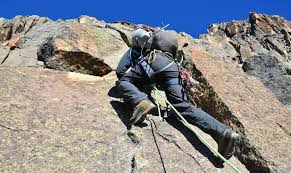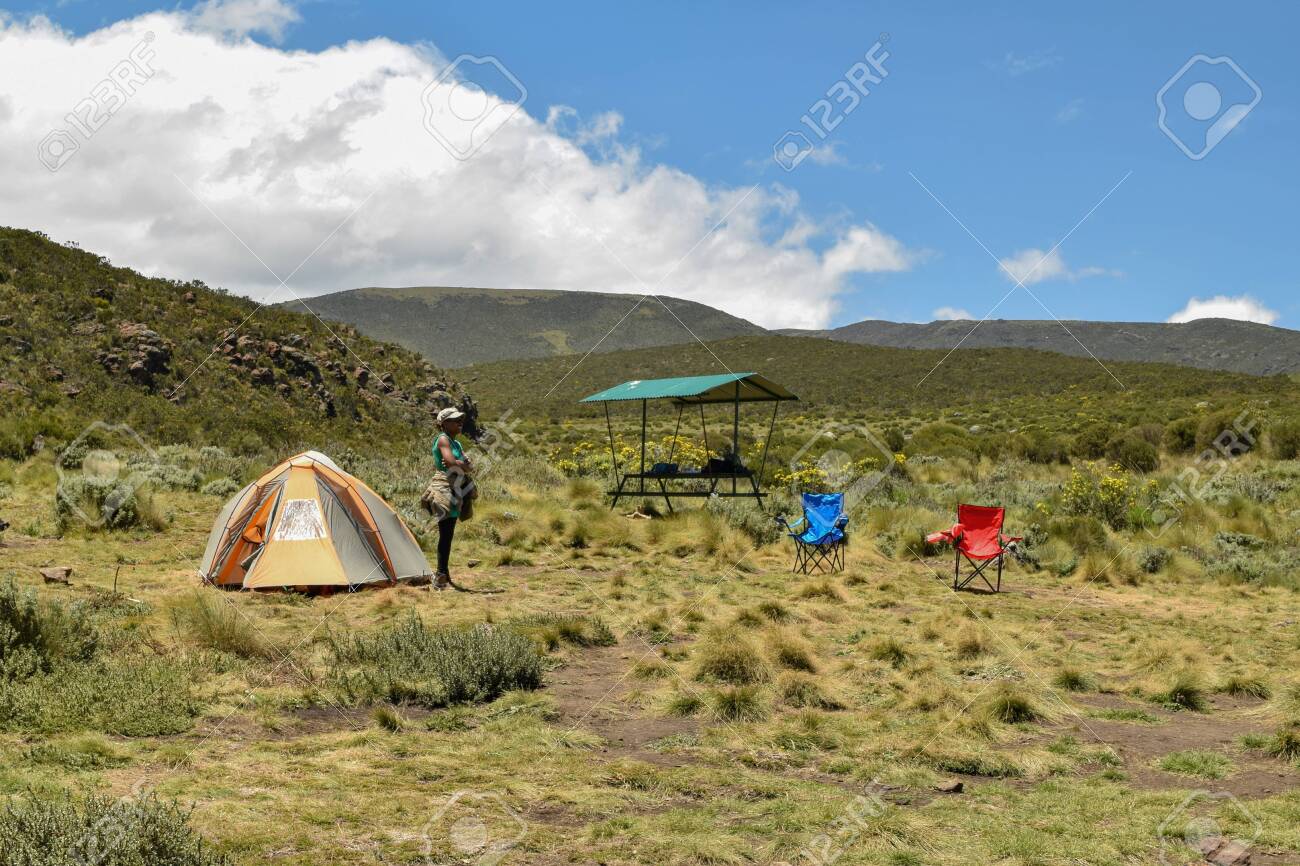




Mount Kenya, Africa's second-highest peak after Kilimanjaro, stands at 5,199 meters. This iconic mountain features rugged terrains, majestic glaciers, and diverse ecosystems, ranging from bamboo forests to alpine meadows. It is a UNESCO World Heritage Site and a popular destination for climbers and nature enthusiasts. The mountain hosts various wildlife, including elephants, buffalos, and unique species like the Mount Kenya mole-rat. Three main peaks—Batian, Nelion, and Lenana—offer varying climbing challenges, with Point Lenana being the most accessible. The surrounding Mount Kenya National Park provides opportunities for hiking, bird watching, and experiencing the rich cultural heritage of the local communities.


Mount Kenya, formed around three million years ago, is an extinct stratovolcano located in central Kenya. It was revered as a sacred site by the Kikuyu people, who believed it to be the dwelling place of their god, Ngai. The mountain was first documented by Europeans in 1849 by German missionary Johann Ludwig Krapf. British geographer Halford Mackinder led the first recorded ascent of Batian, the highest peak, in 1899. In 1949, the area surrounding the mountain was designated as Mount Kenya National Park to protect its unique flora and fauna. It became a UNESCO World Heritage Site in 1997.

Dive into the heart of Africa's wonders and let us craft unforgettable adventures just for you!
Drop in your mail id and we shall send all the details you need to book with us!